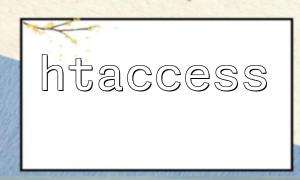In PHP development, exception handling is an essential part of writing robust code. Proper exception management helps improve code stability and maintainability, reducing unnecessary errors and ensuring smooth system operation. This article introduces some commonly used PHP exception handling tools and libraries, helping you manage exceptions more efficiently and increase development productivity.
PHP provides several built-in exception classes, including Exception, Error, and TypeError. Exception is the base class for all exceptions, while Error and TypeError represent error and type-related exceptions. You can use a try-catch block to capture and handle exceptions in your code.
try// Code that may throw an exception} // Handle the exception}If you want to handle specific types of exceptions, you can specify the exception type to catch in the catch block.
try// Code that may throw an exception} // Handle type error exceptions} // Handle other exceptions}PHP allows developers to create custom exception classes. These custom classes must inherit from PHP's Exception class and can provide additional functionality as needed. Below is an example of a custom exception class:
classpublicparent::__construct(}}In the code, you can throw a custom exception using the throw statement:
throwIn addition to PHP's built-in exception handling capabilities, you can leverage third-party libraries to better manage exceptions.
Whoops is a powerful yet lightweight exception handling library. It provides user-friendly error pages that help developers quickly pinpoint the cause of errors.
use$run$run$runSentry is another widely used exception handling library that helps record error messages and provides real-time exception feedback to developers, along with detailed stack trace information to aid in quickly fixing issues.
useSentrySdk::captureException(Exception handling in PHP is crucial for any developer. By using built-in exception classes, creating custom exceptions, and leveraging excellent third-party libraries like Whoops and Sentry, you can greatly improve the robustness and maintainability of your code. Proper exception handling allows you to quickly detect and fix errors, preventing application crashes caused by unhandled exceptions.









